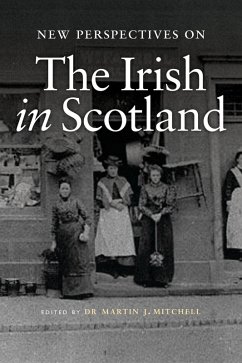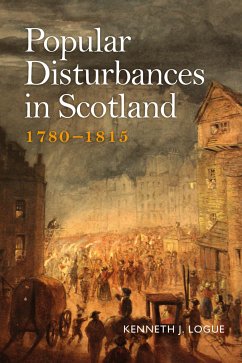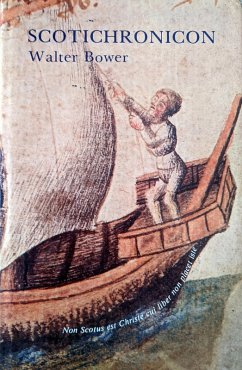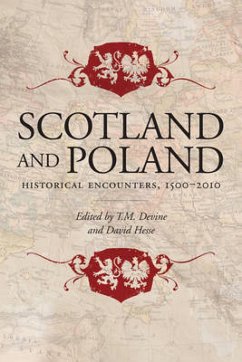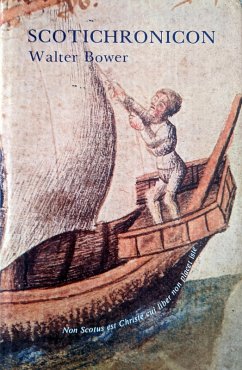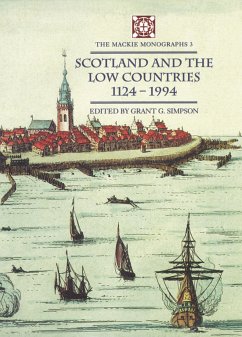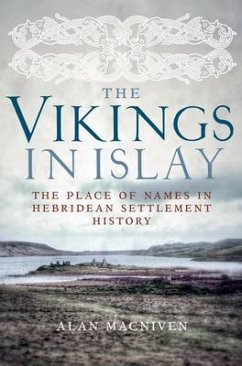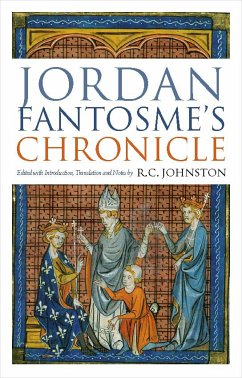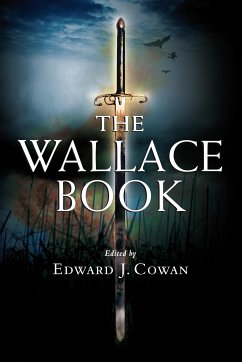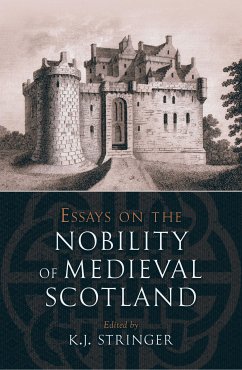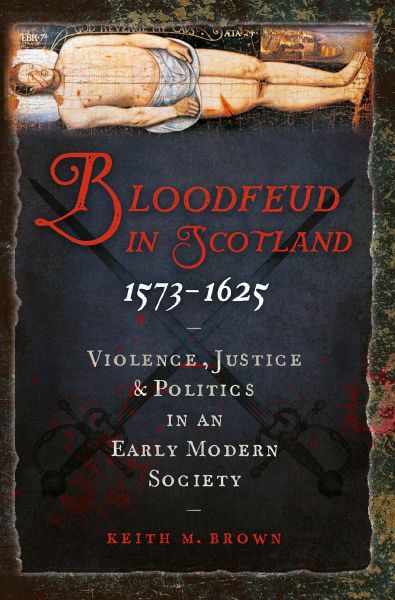
Bloodfeud in Scotland 1573-1625 (eBook, ePUB)
Violence, Justice and Politics in an Early Modern Society

PAYBACK Punkte
0 °P sammeln!
Feuding had an effect on the history of most of Europe. Scotland provides a fascinating focus for the study of the bloodfeud because feuding survived until remarkably late there, and thus is much better documented than in other European societies. This examination of the Scottish evidence shows its relevance to the wider European community to which the Scots belonged, reveals much about the nature of the bloodfeud in general, and explores the changes in society which at last brought about its suppression. The bloodfeud has been the subject of anthropological rather than historical investigatio...
Feuding had an effect on the history of most of Europe. Scotland provides a fascinating focus for the study of the bloodfeud because feuding survived until remarkably late there, and thus is much better documented than in other European societies. This examination of the Scottish evidence shows its relevance to the wider European community to which the Scots belonged, reveals much about the nature of the bloodfeud in general, and explores the changes in society which at last brought about its suppression. The bloodfeud has been the subject of anthropological rather than historical investigation, partly because it largely disappeared at an early stage in the development of literacy in Europe and has never been a fashionable research topic for historians. In this study of fifteenth- and sixteenth-century feud in Scotland, Keith Brown focuses on its context in society, politics and the ideology that served to uproot the tradition. The book will be of value to historians of many different cultures and periods.
Dieser Download kann aus rechtlichen Gründen nur mit Rechnungsadresse in A, B, BG, CY, CZ, D, DK, EW, E, FIN, F, GR, H, IRL, I, LT, L, LR, M, NL, PL, P, R, S, SLO, SK ausgeliefert werden.




